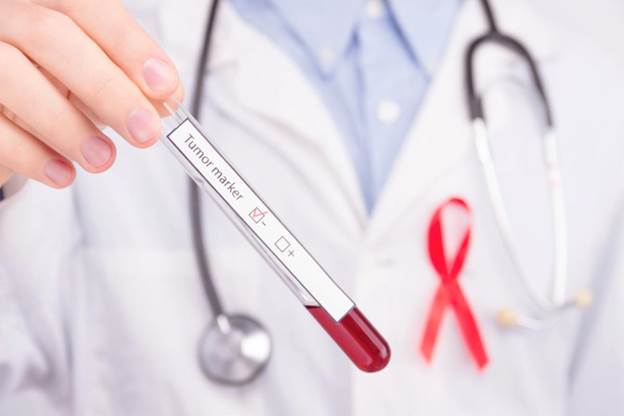
Anal Cancer Prevention in Individuals Living with HIV
Did you know that December is HIV/AIDS Awareness Month? In recognition of this important topic, Dr. Mark Einstein, chair of the department of obstetrics, gynecology and reproductive health, is shedding light on how to improve cancer prevention and resources for people living with HIV.
In the era of regular use of Antiretroviral Therapies (ART), there has been a sharp decrease in nearly all AIDS-related malignancies. However, while historically common AIDS-related malignancies have diminished, there is a disturbingly increasing trend in individuals living with HIV (ILWH).
Anal cancer has been on a steep rise in incidence in the US, most attributable to ILWH. Recent statistics show the incidence rate of anal cancer in certain ILWH is at the same, if not higher incidence rate than the rate of cervical cancer before cervical cancer screening was routinely performed (over 40-50/100,000.)
The relative risks of anal cancer in ILWH are alarming, an epiphenomenon that has likely been masked as men and women with AIDS historically died of other opportunistic infections or other AIDS-related diseases before the onset of anal disease before ART. In the era of ART, we consider HIV infection a chronic disease, and we are in the heart of the new leading edge of this clearly HIV-associated disease.
Nearly all anal disease is related to a very common virus called Human Papillomavirus (HPV). HPV rates in ILWH are in excess of 80% due to their inability to clear this common infection.
In fact, even in well-controlled ILWH, anal HPV is exceedingly high and can lead to precancer of the anus. Such alarming rates are not the same in individuals not infected with HIV. It remains unclear what immune responses are lacking in ILWH that makes them more susceptible to clinically relevant disease across the anogenital tract.
RBHS providers who care for ILWH have initiated anal cancer screening, which is now routine in some high prevalence regions in the US, such as New York. If the screen is abnormal, then the patient needs to undergo high resolution anoscopy, an outpatient procedure to identify if anal precancerous lesions or even if anal cancer is present.
These alarming rates of anal disease in ILWH and continued increases across the US has led the NCI to make anal cancer and precancerous disease a priority issue.
Rutgers is now one of the 17 US sites participating in the largest cancer prevention grant focused on ILWH and anal cancer prevention. This program will allow us to identify who is most at-risk for anal cancer and the best approaches to screening high-risk individuals. Through programs like this, we hope to improve awareness of this issue and control this cancer in ILWH.
To learn more about the department of obstetrics, gynecology and reproductive health at NJMS, click here.
